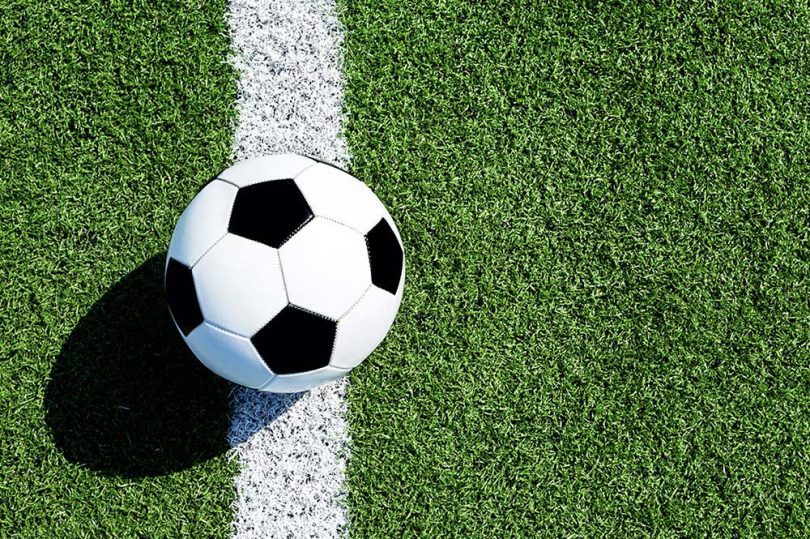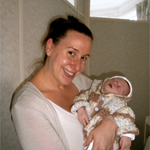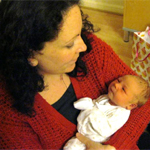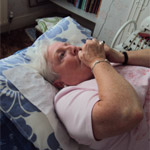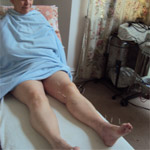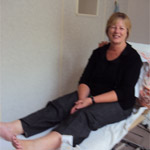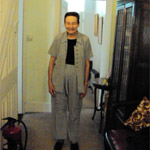How to avoid sporting injuries (and how osteopathy can help)
Football fever has officially hit the UK, with the 9th FIFA Women’s World Cup gracing our TV screens this August.
The tournament is being jointly hosted by Australia and New Zealand and sees 32 nations compete on the international stage. There have been goals, penalty shootouts and, unfortunately, a number of sporting injuries with anterior cruciate ligament (ACL) sprains and tears plaguing the game before it had even kicked off.
Giving sport injuries the boot
Injuries in sports are nothing new. In fact, according to one review published in the British Medical Journal, it’s been estimated that 1 to 1.5 million people attend accident and emergency departments in Britain each year with an exercise or sport-related injury.
In the review, a total of 29 different sports (including badminton, basketball, skiing and squash) accounted for these injuries. But it was football that topped the list, being held responsible for 65% of all soft tissue injuries.
“But it doesn’t have to be this way,” Osteopath Denise Callaghan says. “It’s great news that people are choosing to exercise. And it’s no secret that doing so has many beneficial outcomes. So to help keep you moving and exercising safely, I wanted to share some tips on how to give sport-related injuries the boot.”
- Warm up
It’s very important to warm up before any exercise, as it prepares your body for the movement you’re about to take part in. As the NHS states, doing so increases your heart rate and blood flow which enables more oxygen to reach your muscles. You could try some dynamic stretches like trunk twists, walking lunges or squats. Or try jogging on the spot to get your heart rate up. - Pace yourself
Everybody is different. Which is why it’s important to listen to your body and go at your own pace. Pacing yourself will help you increase your endurance, increase your confidence and create a brilliant balance between your energy levels and your activity levels. Not to mention it will help you stay on track to reaping the many rewards exercise can bring. - Watch your form
Whether you are in the gym or you have taken up running, form is everything. As is wearing the right equipment. If you’re lifting, remember to bend at the hips and knees and not at the waist and keep your back flat while bending, lifting, walking or sitting to help reduce the strain on muscles and ligaments. Always carry any heavy weights close to your body. - Stay hydrated
Water helps to deliver nutrients to cells, keep our organs functions properly, prevents infections and keeps our joints lubricated. So do make sure you tick off your daily recommended water intake — which the NHS puts at 6 to 8 cups a day. And do remember to drink even more if you are exercising! - Rest
We’ve spoken before about the art of recovery. In a fast-paced world, it’s something that we should all be dedicating time to. But actually taking the time out to rest and recover is something that can fall further and further down our to-do list. Mistakes happen when you or your muscles are tired. All of which can leave you with an injury, pain or taking more rest days than you wanted.
How Osteopathy can help avoid sporting injuries
If you have picked up an injury, don’t panic! Osteopathy is a way of detecting, treating and preventing health problems by moving, stretching and massaging a person’s muscles and joints. It’s been proven to increase the mobility of joints, relieve muscle tension, reduce pain, enhance the bloody supply to tissues and help the body to heal.
Plus, osteopathy helps to look for and remove the underlying cause of pain rather than just treating the symptoms with pain relief.
Osteopathy can do this through:
- Direct Soft Tissue Techniques
- Articulation
- Use of the Thrust Technique
- Use of the Muscle Energy Technique
- Counterstrain
And so can acupuncture
Acupuncture, which is an ancient Chinese technique that has been used for thousands of years, can help maintain the body’s overall balance.
“Clinical studies have shown that this form of alternative medicine can help to promote relaxation,” Denise says. That’s because acupuncture can stimulate the nervous system and cause the release of neurochemical messenger molecules. The biochemical changes influence the body’s homeostatic mechanisms, and in turn, reduce sensitivity to pain and stress and promote relaxation. “The calming nature of this alternative treatment is therefore believed to decrease the heart rate, lower blood pressure and relax the muscles,” Denise explains.
Deinse has helped many clients with their sporting ailments, including Mark. He said: “Thanks Denise, my knees are finally back to normal and I can return to playing football. I highly recommend Osteopathy if you are suffering from any sports injuries. Both Osteopathy and Acupuncture have really helped me out!”.
Have you got a sporting injury? If you are in pain, need some rehab, or your muscles need some relaxation, don’t suffer in silence. Get in touch with Denise to talk through your options.

